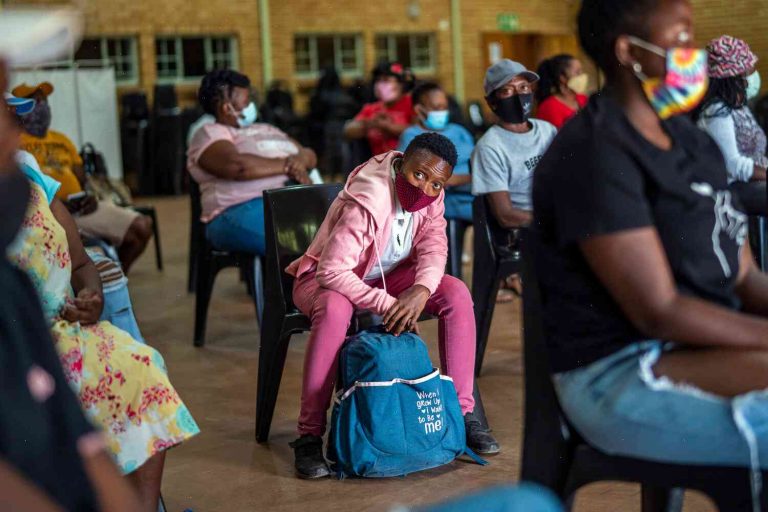A virus like this was once almost completely unknown until recent research. These viruses are being released in seed or seedling form and incubate in the soil for years before becoming pathogens. They are well-known in China, Peru, Chile, India, Panama, Sri Lanka, Ghana, Indonesia, Mexico, the Caribbean and the Philippines. Recent work at the University of Southern Denmark and the University of North Texas indicates that in the past 10 years, annual cholera and schistosomiasis epidemic outbreaks are spreading and spreading fast. The two South African health regions of Gauteng and North West are having one of the most extensive human outbreaks of 2019, with 3,146 new cases of shigella reported by mid-November.
These diseases are often far more deadly than Zika, which is readily treatable with a combination of electrolyte replacement and antibiotics. Currently, two out of five cases are fully treated with saline intravenous fluids.
The scariest part of these emerging viruses is that they have attacked regions not previously affected. The largest human outbreak of cholera took place in Peru in 2000, and one report described a 79-year-old man dying while waiting for x-rays of his wounds. Another report said a 17-year-old child died while in surgery. A pilot study describing a new form of schistosomiasis infecting three generations of the same water-drinking family in Ghana ended with an unknown number of deaths.
Cholera, schistosomiasis and schistosomiasis-derived diarrhea infections are extremely unpleasant, cause severe dehydration and, according to the World Health Organization, “sometimes lead to brain damage and death.”
These new viruses are incredibly hard to destroy. The African Klebsiella pneumoniae and Madagascar katydid bats used to host these viruses have been reported in the last few years in the Botswana forest and in Namibia.
The viruses can only live in creeks, mangroves and vegetation, but they are abundant in tap water sources.
Southern Denmark researcher Jon Folding warns against panic. “We don’t need fear, we just need information. If you have risk information,” Folding said, “in certain situations of risk you can be very protective.”
